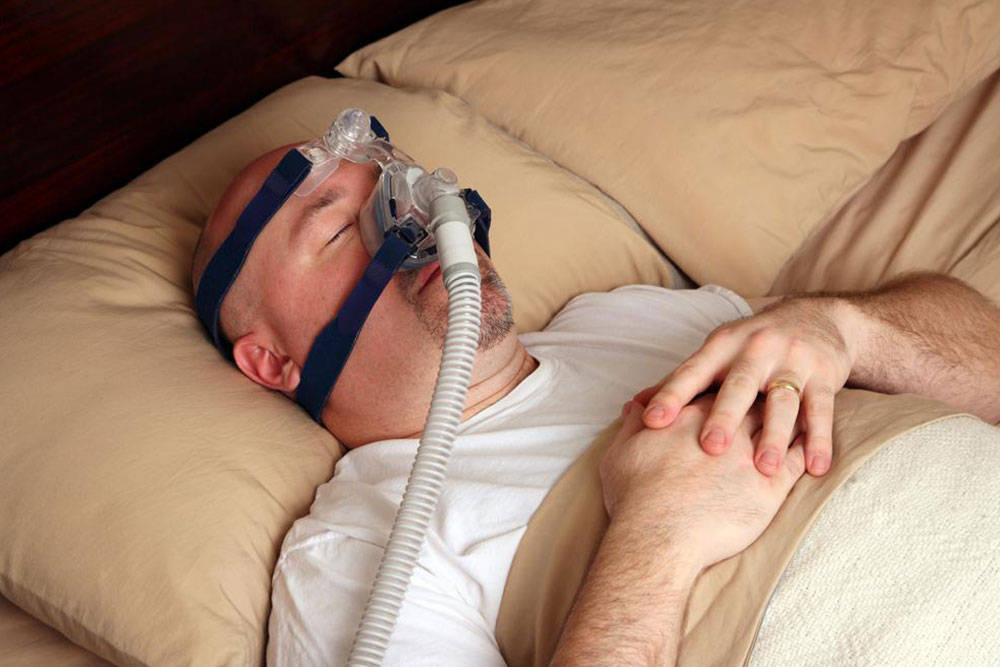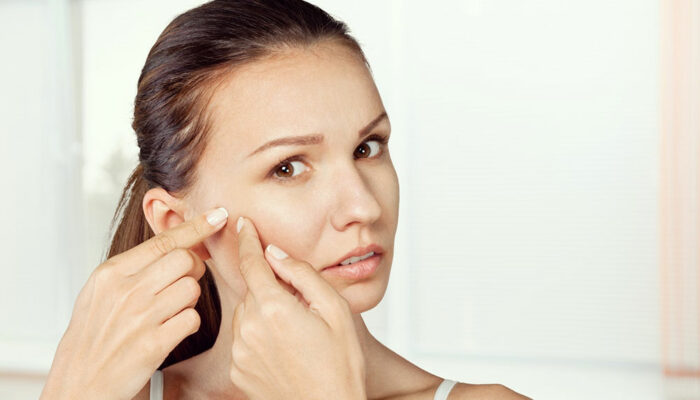
Treatment options for sleep apnea
Sleep apnea is a potentially serious sleep disorder that makes a person’s breath stop and start repeatedly. If a person snores loudly and feels tired even after a full night’s sleep, then there are chances that they may have sleep apnea.
Types of sleep apnea
Central sleep apnea: In this form of sleep apnea, the brain does not send proper signals that control breathing.
Obstructive sleep apnea: It is a more common type and is caused when the throat muscles relax.
Surgery
The presence of extra tissues can block the airways or lead to collapse while sleeping. One of the most common ways to decrease or eliminate the extra tissue present in the throat is by surgery.
The surgery is minimally invasive, but some patients may require more complex procedures. If one opts for surgery to treat sleep apnea, then the doctor may operate on the tongue, the lower and upper jaw, the adenoids and tonsils, or the uvula and soft palate.
The benefits of this treatment are not permanent, and sleep apnea can reoccur.
Positional therapy
It is a behavioral strategy used to treat sleep apnea. Some people have sleep apnea only when they sleep on their back. This position is known as “supine” position. The breathing returns to normal when the person moves their body to the side and sleeps sideways.
Under this treatment option, the patient may have to wear a device around their waist or back. It helps by making the person sleep sideways.
Oral or dental appliances
Dental and oral appliances have become one of the most popular treatment options for people who have sleep apnea. If the person is fine with wearing an oral device, then this is one of the easiest ways to treat the condition. People who have mild to moderate sleep apnea can use oral masks.
Weight management program
If an individual is overweight or is facing the problem of obesity, then weight loss can help them eliminate or improve the symptoms of sleep apnea. People who are overweight generally have thick necks with some extra tissue present in their throat, and this can block their airways, leading to sleep apnea.
Lifestyle changes
Making some life changes can also help a person reduce the symptoms or eliminate sleep apnea entirely. Small changes can help in reducing the frequency of snores and also improve other symptoms of sleep apnea. If a person smokes or drinks alcohol, then it is advisable for them to quit as it can help reduce the intensity of the symptoms. Drinking alcohol causes relaxation of the throat muscles which makes a person snore or leads to a collapse of their airways. If a person has allergies, then they should take a decongestant before going to bed.
Sleep apnea isn’t a severe disorder if diagnosed at an early stage, and the patient can opt for any of these treatments to cure the condition.



